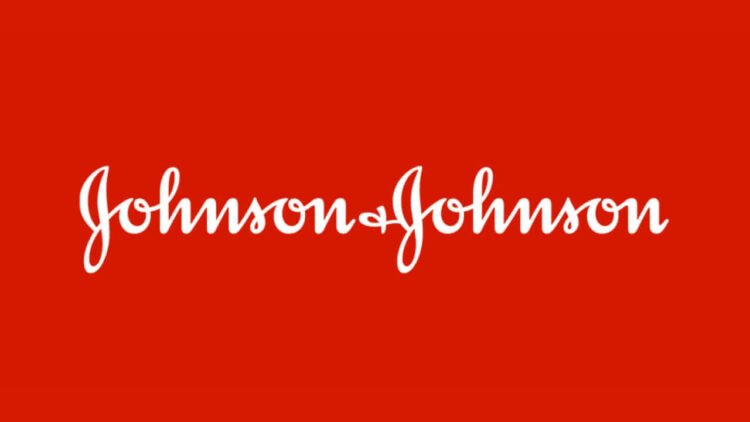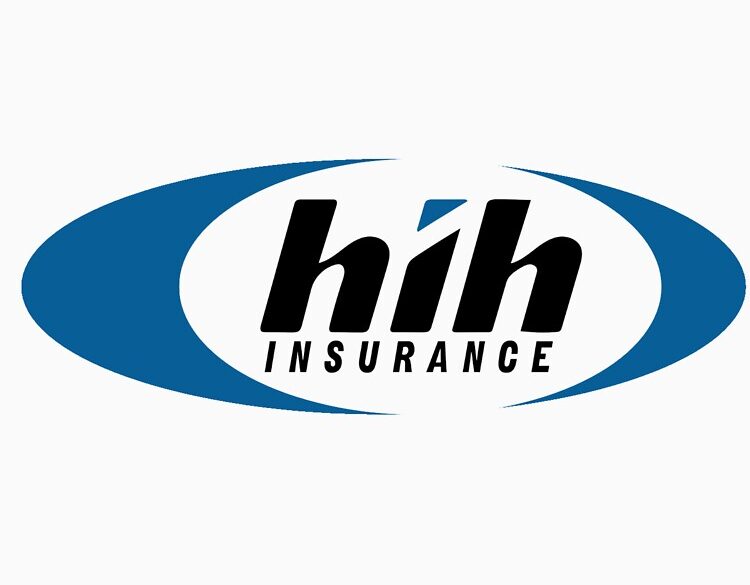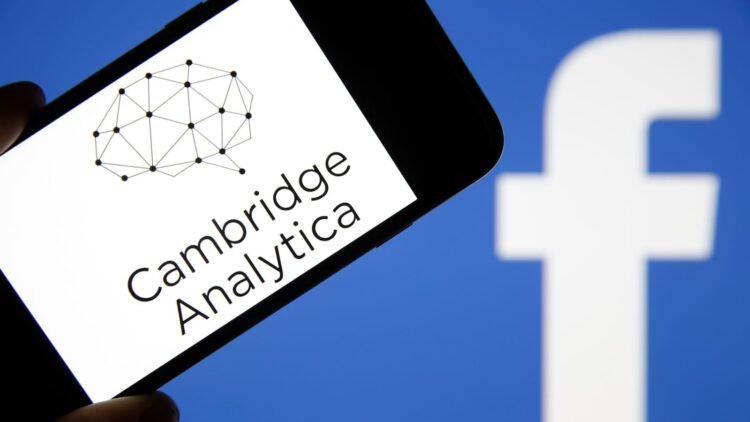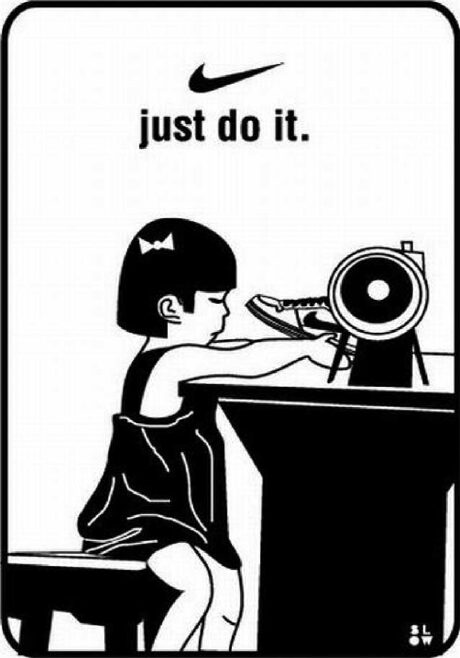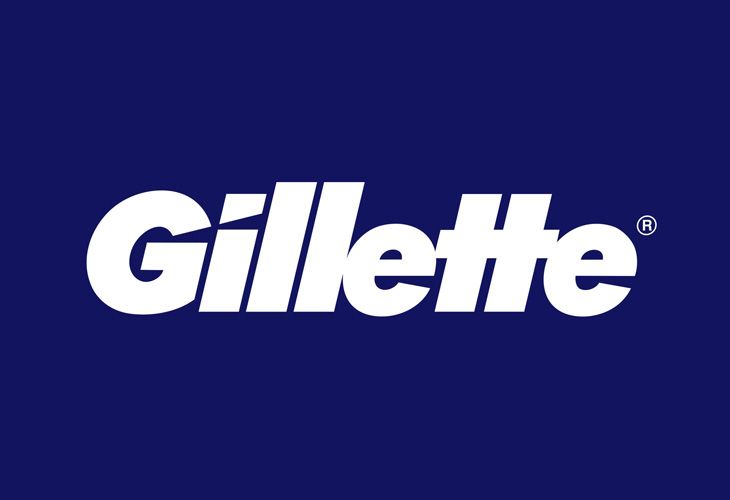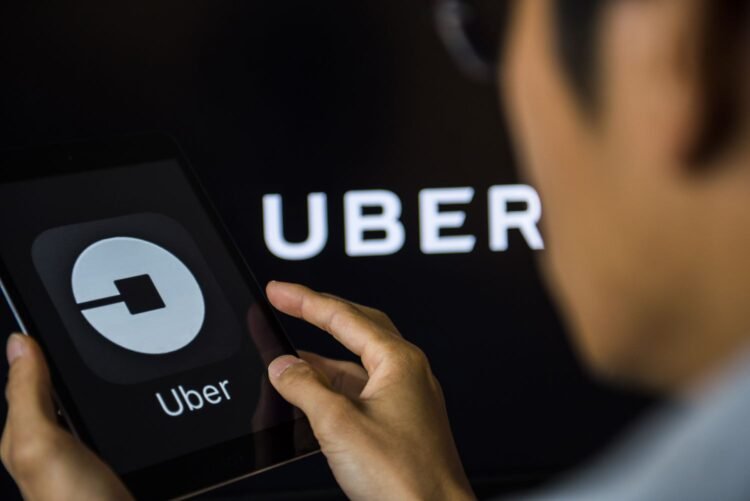Johnson & Johnson (J&J) has been one of the most trusted brands in the pharmaceutical industry given its long-running history of offering quality products and creating dynamic working conditions for its employees. However, following the US opioids crisis, which has claimed thousands of lives, drug companies, such as J&J are facing legal challenges that could force some entities out of business. The company is expected to face growing legal suits challenging its role in promoting the opioid crisis with damages amounting to billions of dollars. Starting from Ohio where J&J was ordered to pay 20 million USD to Oklahoma where a judge made a landmark ruling directing the company to pay 572 million USD for fueling the opioids epidemic, many more such cases are expected to be filed in the future. Even though court rulings can be contested, the company will ultimately be forced to pay certain amounts of money Continue reading
Business Ethics Case Studies
Case Study on Corporate Governance Failures: The Collapse of HIH Insurance
In the past few years, the collapse in large public listed companies has raised stakeholders concern about corporate governance, which is a leading issue area for business worldwide. While numerous definitions of the term corporate governance have been suggested, it is generally defined as the framework of processes and structures to control and manage a corporation with the objective of enhancing company and shareholder wealth, whereas at the same time, protecting the interests of other stakeholders. The failure of many corporations resulting from a corporate governance problem caused counterproductive outcomes to shareholders and also the wider community. One of the most well-known business debacles, particularly in Australia, is the collapse of HIH Insurance Limited (HIH). As a result of over-optimistic valuations of assets and extensive understatement of liabilities, many of HIH’s policyholders and its creditors encountered a substantial loss. Bailouts can cost Australian taxpayer over a billion-Australian dollar but it Continue reading
Case Study on Business Ethics: Facebook – Cambridge Analytica Data Scandal
Facebook is an American social media company providing social networking services to people around the world. It was founded in 2004. Mark Zuckerberg is the Chairman and CEO of the company. People use Facebook to stay connected to their friends and family and to share and express their views. Recently Facebook’s data privacy scandal came into limelight where Facebook members’ data were improperly shared with Cambridge Analytica, a data mining and political strategy firm. These data were accessed during Donald Trump’s presidential campaign. Cambridge Analytica accessed the data for more than 2 years. This is the biggest public relation crisis Facebook has faced. In April 2010, Facebook launched a platform called Open Graph to third party apps. This allowed the external developers to reach out to Facebook users and request permission to access their personal data. In the year 2013, Cambridge University’s researcher named Aleksandr Kogan created an App called “thisisyourdigitallife”. The app prompted Continue reading
Case Study on Business Ethics: Ethical Challenges Faced by Nike
Nike Inc. is a multinational American organisation that is known for its ability to design, manufacture and sell footwear-based products, gym accessories and sporting goods. Thus, Nike is considered as one of the largest shoe retailers worldwide, controlling approximately 36% of shoe market. With a revenue of $30 billion in 2015 alone, Nike was acknowledged as the 18th most valuable brand employing over 600,000 workers worldwide. It is, therefore, this which has given Nike the ability to open stores globally. Despite the organisations growing success, Nike has been inundated with criticism since the 1990s regarding the unethical treatment of employees overseas and its impact on the environment. As well as this, there is evidence to suggest that Nike has failed to meet consumer/stakeholder needs in relation to corporate social responsibility; therefore, reducing customer-brand loyalty and consumer trust. Regardless of the effort put in place to overcome these issues, Nike still Continue reading
Case Study: Analysis of Gillette’s Controversial Advertisement “The Best a Man Can Be”
Gillette’s new ad was released on January 13, 2019; in the video, the cult manufacturer of skincare products has changed its 30-year slogan. Gillette has updated its old motto to “The best men can be.” This video shows the so-called male behavior that, according to the authors’ ideas in it, includes harassment, violence, and bullying. The main leitmotif of the ad is the fight against toxic masculinity. The video itself is an integral part of a new advertising and charity campaign, which might be called a battle against the old customs. The reaction to it was enchanting; it should be noted that many users are already saying that the video in the future may break the YouTube record for the number of dislikes. In such a situation, the word “criticize” in the framework of this reaction is not suitable as a wording. Because criticism, to put it mildly, does not Continue reading
Case Study of Uber: Lack of Ethics and Morality in Business
Uber, what once was just a German adjective, is now internationally known as the world’s leading ride-sharing service. Similar to a taxicab, Uber actually went by the name Ubercab until October of 2010, when it decided to drop the “cab” from its name. Not only did this company compete with its yellow and black counterparts, but Uber took the industry by storm and has nearly wiped-out the traditional taxi cab service. Along the way the company has had many successes, but has encountered several failures and ethical challenges as well. One night in 2008, Garrett Camp and Travis Kalanick were having trouble finding a ride in Paris, when suddenly they came up with the idea that would allow users to hail a cab electronically, using only their cell phone. By utilizing their cell phone, users could avoid the nuisance of physically hailing a cab, ensure the driver took the most Continue reading
